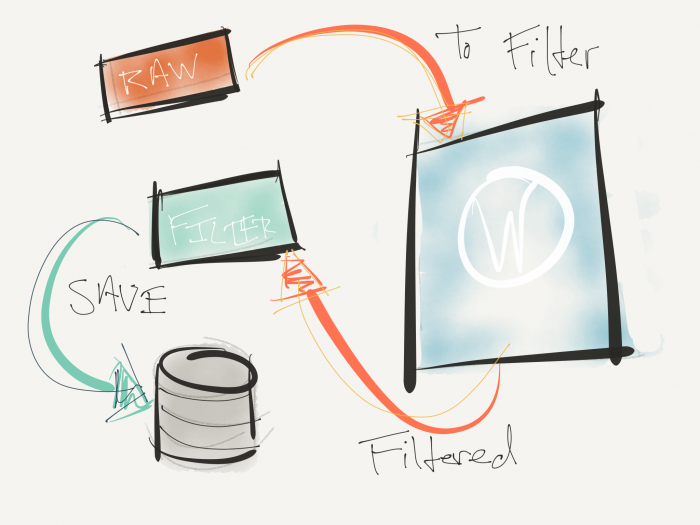One of the advantages of working with object-oriented programming is the ability to define interfaces so classes that implement those interfaces have a strict set of functions that said classes must implement.

That is the definition of a class interface, anyway:
An interface is a contract specifying a set of methods, fields and properties which will be available on any implementing object
But how might this look if we’re aiming to create a namespaced solution for including WordPress plugin interfaces (or an interface) for a class that can be used to enqueue stylesheets or JavaScript files?

